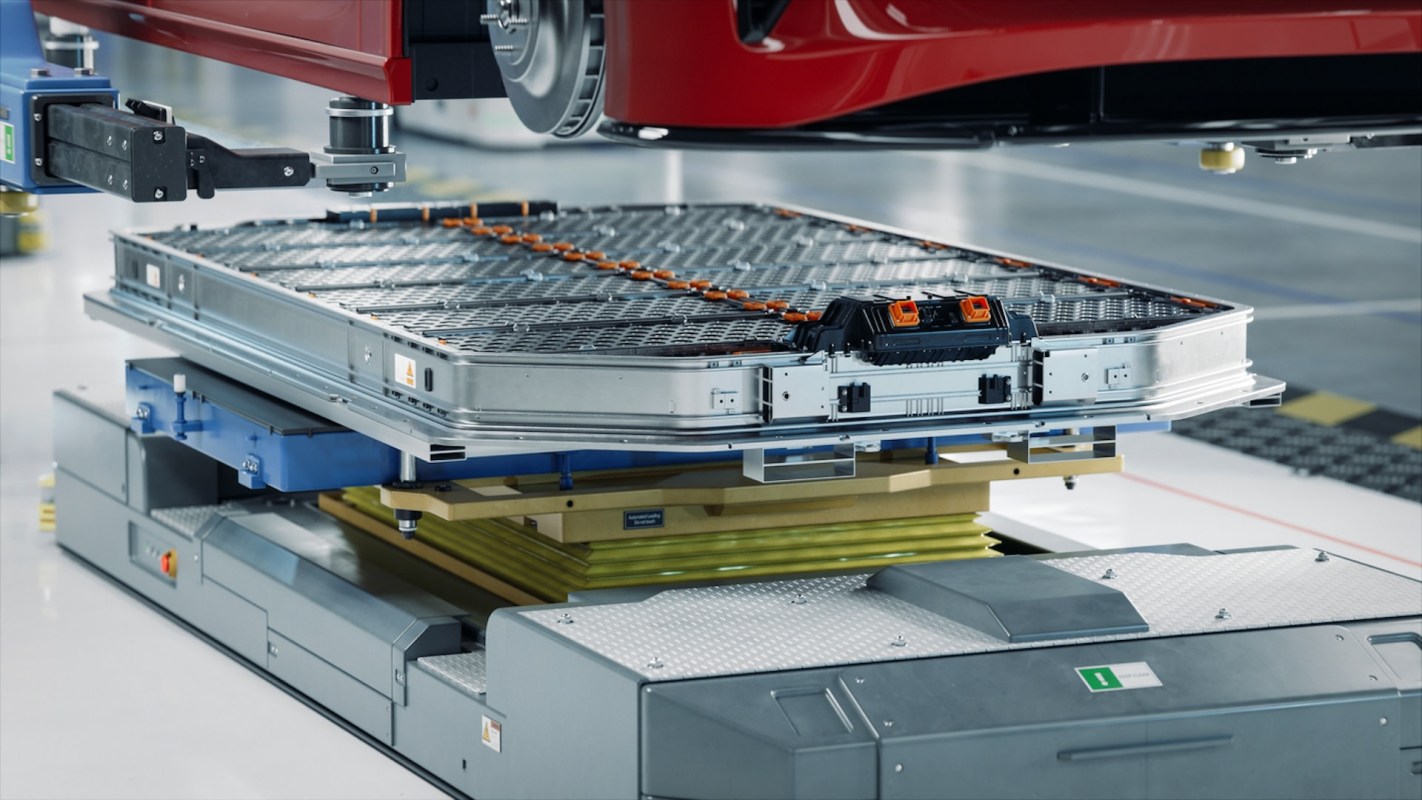Scientists at the Ulsan National Institute of Science and Technology in South Korea have developed a new technique for mass-producing a crucial component of electric vehicle batteries.
Polymer solid electrolytes are a part of the EV battery that conduct ions through polymer chains. While the traditional method of mass-producing them involved melt casting, the new method developed by the researchers at UNIST consists of horizontal centrifugal casting — the same process used to create iron pipes.
"By adapting the iron pipe manufacturing process, we have developed a method capable of mass-producing uniform and high-performance solid electrolytes," said Professor Seok Ju Kang, who led the research.
The researchers reported that the new method ensured minimal raw material wastage, as well as providing superior electrochemical performance, and, on top of all that, was cheaper.
The new process for creating the polymer solid electrolytes was reportedly also a whopping 13 times faster than conventional methods.
"Through this method, we have achieved enhanced battery stability and performance without altering the material composition," Professor Hyunwoo Kim, the study's lead author, said. "The elimination of the time-consuming and energy-intensive vacuum heat treatment process is a key aspect of this study, enabling efficient mass production of polymer solid electrolytes."
While that is all a bit technical and science-y for the layperson, the good news is that you don't have to be a polymer scientist to eventually take advantage of this new breakthrough. Any advancements to the process of creating the batteries for electric vehicles — by far the most expensive component of any EV — could go toward making these cars more accessible and widespread.
And the more EVs that replace traditional gas-powered cars, the better for our planet. According to calculations from the Department of Energy, the average battery-electric vehicle produces 10,000 fewer pounds of planet-overheating air pollution per year compared with the average gas-powered car.
Join our free newsletter for weekly updates on the coolest innovations improving our lives and saving our planet.









